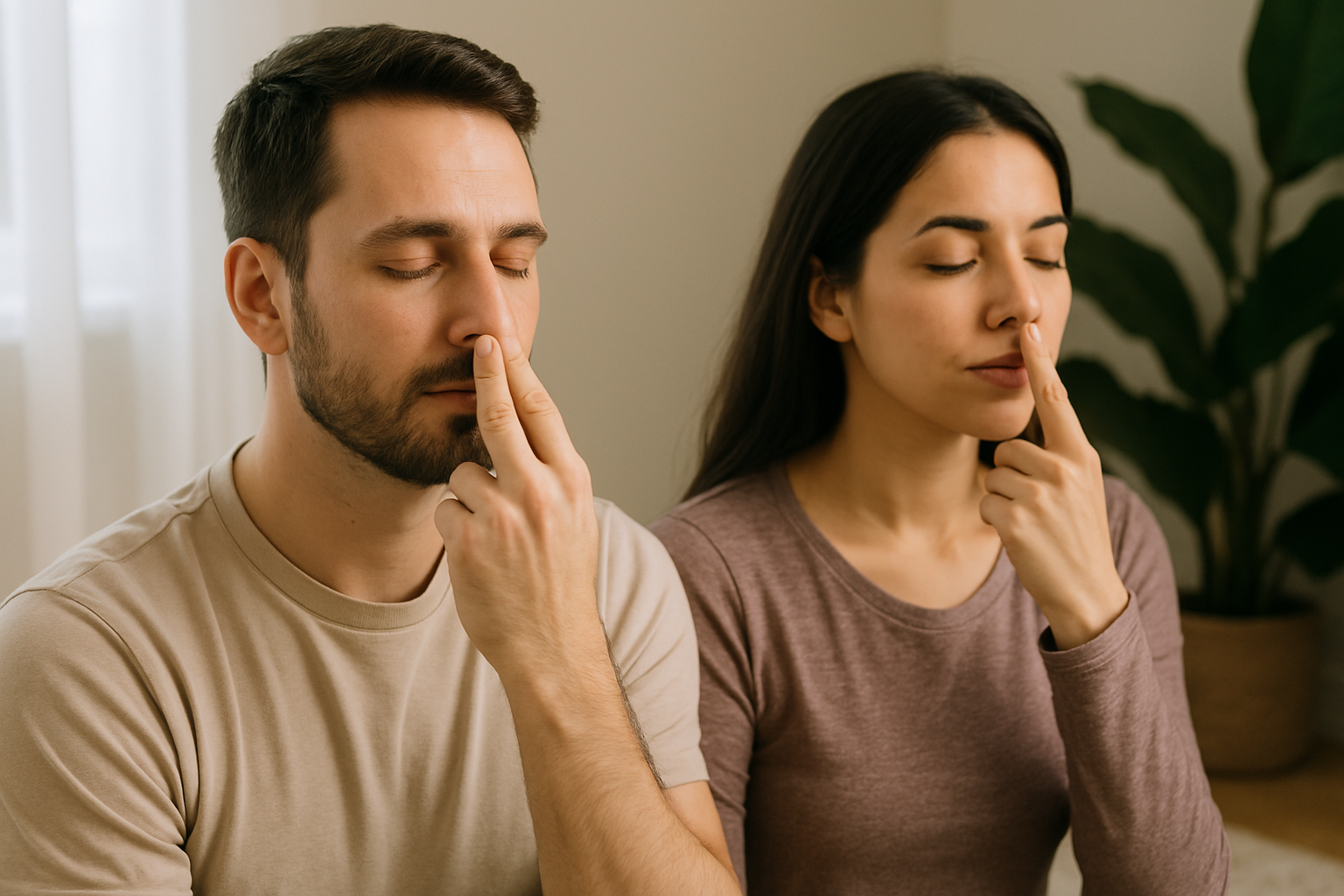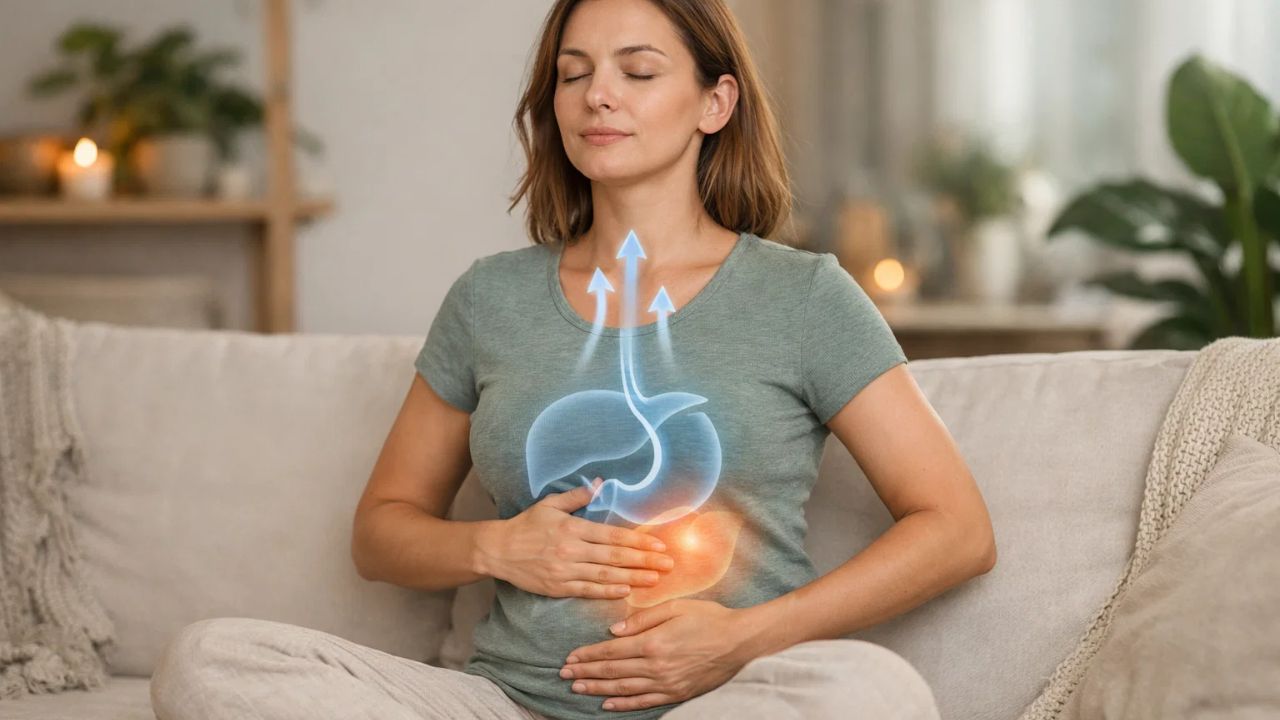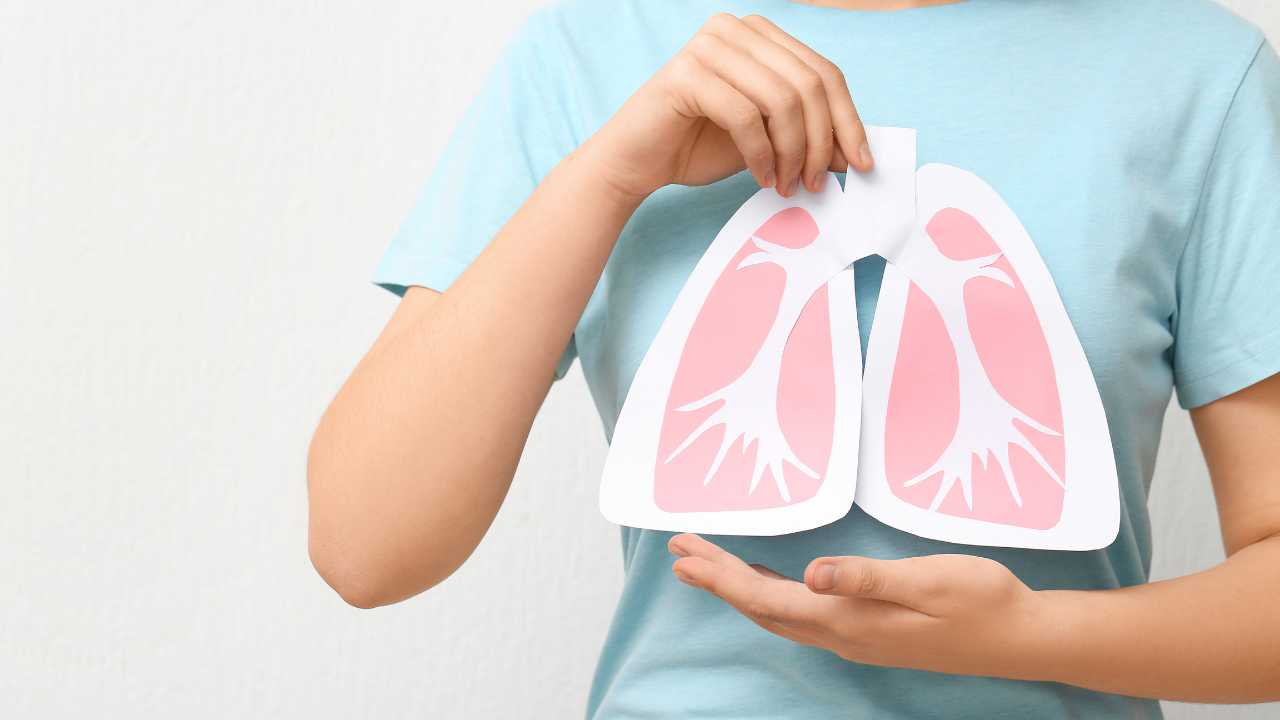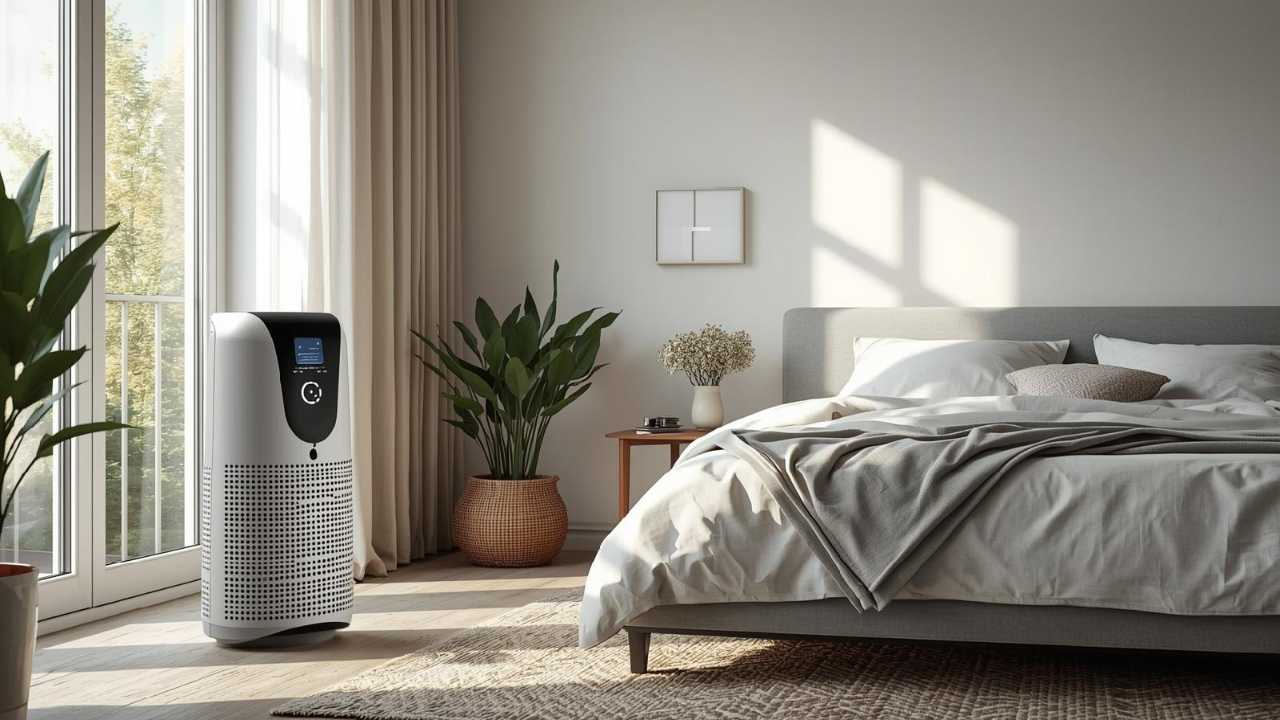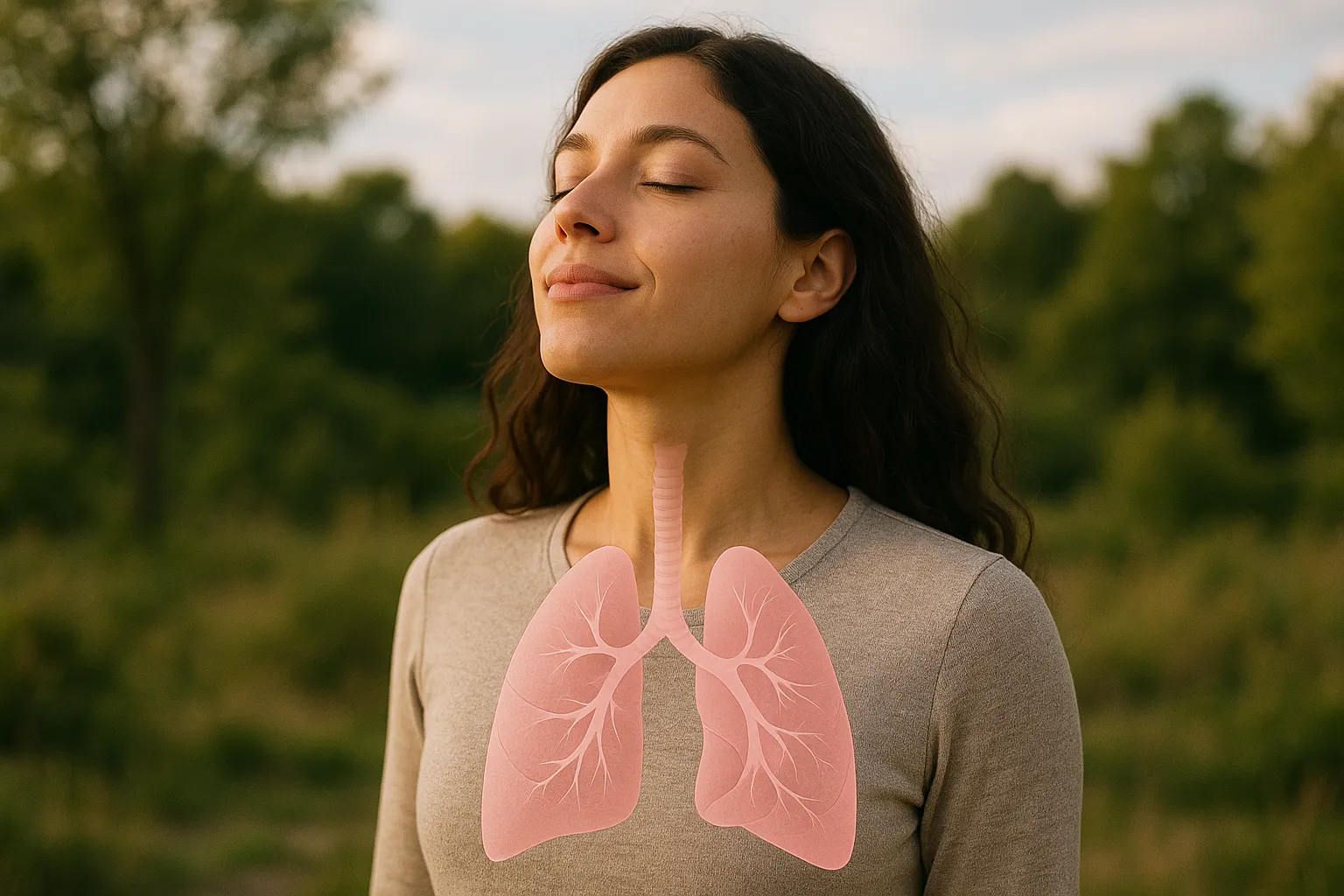Breathing is something we do every day without even thinking about it. But how often do we consider the path air takes through our nose or mouth?
The route our breath follows can actually impact our health. It’s worth understanding a bit more about it.
When we breathe through the nose, air passes through a natural filter.
The hairs and mucus in our nasal passages trap dust, allergens, and viruses.
This gives our lungs extra protection against everyday air pollutants.
Nasal breathing offers benefits that mouth breathing can’t match.
It humidifies and warms the air, making it gentler on the lungs.
You especially notice this in colder months when dry air causes congestion or a sore throat.
You might wonder, “Is breathing through the mouth ever good?”
Sometimes it is — especially if nasal passages are blocked from a cold or allergies.
Even during intense exercise, mouth breathing helps get oxygen in faster.
Still, it’s not the best choice for everyday breathing.
There’s a common belief that mouth breathing is always bad.
But it’s not that simple.
While nasal breathing is healthier overall, mouth breathing can be necessary sometimes.
It’s about listening to your body and adjusting as needed.
The Benefits and Drawbacks of Nasal Breathing
Focusing on nasal breathing reveals many hidden benefits.
Nasal breathing naturally humidifies and filters the air.
This reduces your exposure to allergens and irritants.
It’s not just about comfort — it also protects your lungs and sinuses.
Nasal breathing also helps with cognitive functions and stress levels.
It stimulates the diaphragm better, triggering a relaxation response.
This leads to lower stress, sharper focus, and possibly better memory.
Sleep quality can also depend on how you breathe.
Nasal breathing lowers the risk of snoring and sleep apnea.
It helps you wake up feeling refreshed and energized.
Of course, nasal breathing isn’t perfect for everyone.
Nasal congestion or structural issues can make it hard.
In these cases, mouth breathing might be the only option, at least temporarily.
It’s important to recognize when you need help and seek advice from a healthcare provider.
It’s amazing how simply breathing through your nose can bring so many health benefits.
It’s something worth paying more attention to — literally right under your nose!
The Pros and Cons of Mouth Breathing
When we think about breathing, mouth breathing rarely gets the spotlight.
Still, it plays an important role in certain situations.
Mouth breathing can help after intense exercise or when the nose is too blocked.
It’s a quick way to get more air when you need it most.
However, mouth breathing has significant downsides if it becomes a habit.
Long-term mouth breathing can lead to cavities, gum disease, and even jaw problems.
It’s also linked to sleep disorders like sleep apnea, which impacts energy and well-being.
Mouth breathing can also affect how your face grows, especially in children.
It may influence jaw alignment and posture over time.
Small habits can have big effects later in life.
Balancing the pros and cons of mouth breathing is important.
Pay attention to your breathing habits.
If you mouth breathe often, it might be time to work on switching back to nasal breathing.
Finding Your Balance: Optimal Breathing Strategies
Balancing nasal and mouth breathing can boost your overall health.
First, notice which method you use most of the time.
Be mindful of how different breathing styles affect your energy and focus.
If you’re a regular mouth breather, small changes can help.
Try closing your mouth consciously during the day.
Breathing exercises focused on the diaphragm and nasal passages can also support the shift.
Apps and breathing tools can make the transition easier.
Practice makes progress!
Sometimes, chronic congestion or nose structure issues get in the way.
In these cases, talking with a healthcare provider can help.
They can suggest treatments, medications, or lifestyle changes.
Blending breathing techniques is also smart.
Combining diaphragmatic breathing with nasal breathing enhances relaxation and efficiency.
You don’t have to do it alone — breathing experts like respiratory therapists can guide you.
Finding your best breathing style is about listening to your body.
It may take some practice, but the health benefits are worth it.
Frequently Asked Questions (FAQ)
Is it better to breathe through your nose or mouth?
It’s generally better to breathe through your nose. Nasal breathing filters, humidifies, and warms the air before it reaches your lungs. It also supports better sleep, lowers stress, and improves overall lung health.
What are the risks of mouth breathing?
Mouth breathing can cause dry mouth, bad breath, and a higher risk of cavities and gum disease. Over time, it may also affect jaw development, posture, and even lead to sleep disorders like sleep apnea.
When is mouth breathing necessary?
Mouth breathing can be helpful during intense physical exercise or when your nasal passages are blocked due to a cold or allergies. In these situations, it provides a quicker airflow to meet the body’s oxygen needs.
Can mouth breathing cause sleep problems?
Yes. Regular mouth breathing is linked to snoring and sleep apnea. These issues can lower sleep quality and leave you feeling tired during the day.
How can I switch from mouth breathing to nose breathing?
Start by consciously closing your mouth during the day. Practice breathing exercises that strengthen your diaphragm and clear your nasal passages. If nasal breathing remains difficult, consult a healthcare professional for advice and treatment options.
Also know about:
Understanding Asthma: How To Improve Lung Function Naturally
Powerful Diets & Superfoods For Optimal Lung Health
Swimming: The Underrated Workout For Expanding Lung Capacity
follow us on social Facebook
About The Author
Anita Lauritsen
Anita Lauritsen is the founder of BreathFullLiving.com, a space devoted to exploring the connection between air, breath, and well-being. After surviving early-stage lung cancer and undergoing a lobectomy, Anita was inspired to share her journey and advocate for greater awareness of lung health. Through her writing, she offers compassion, insight, and practical guidance for anyone seeking to breathe more fully—both in body and in life.
